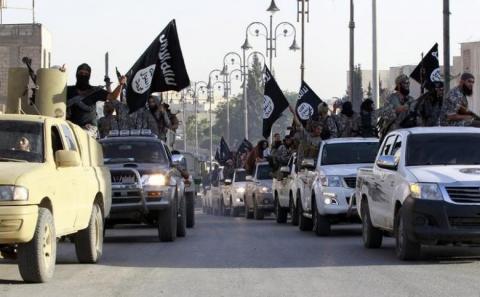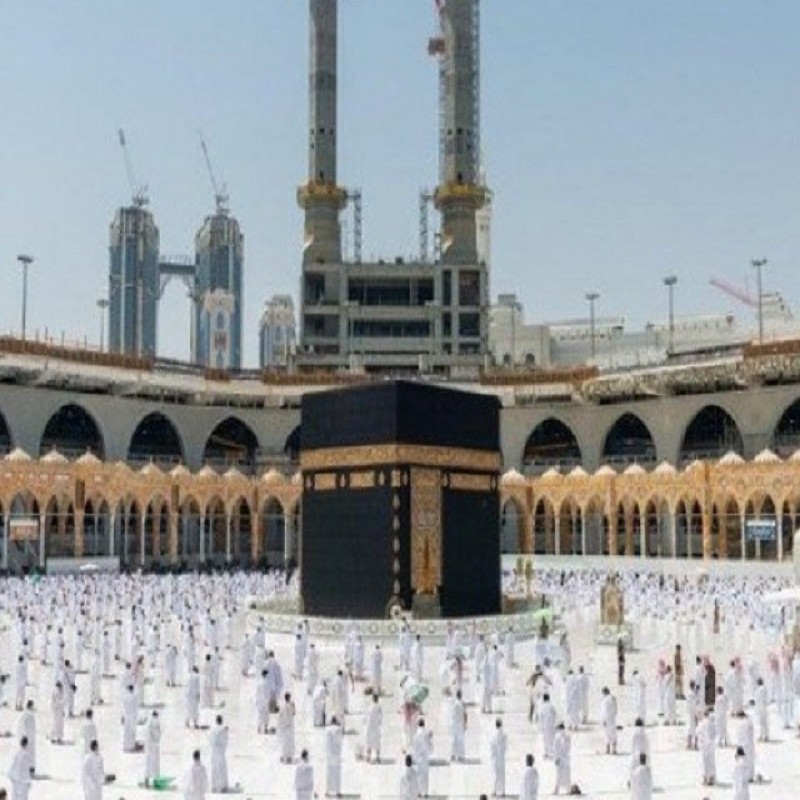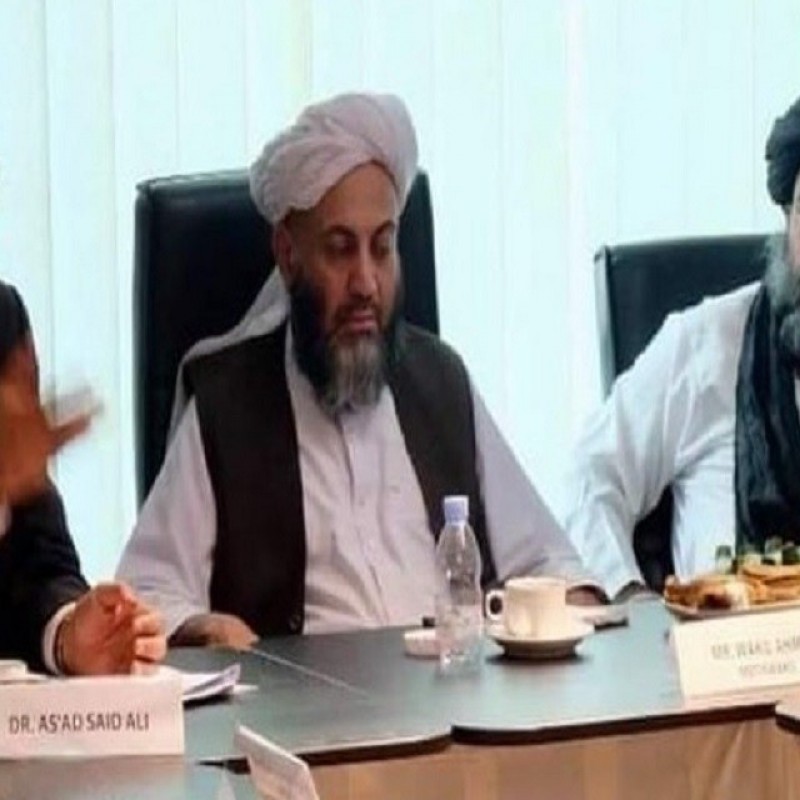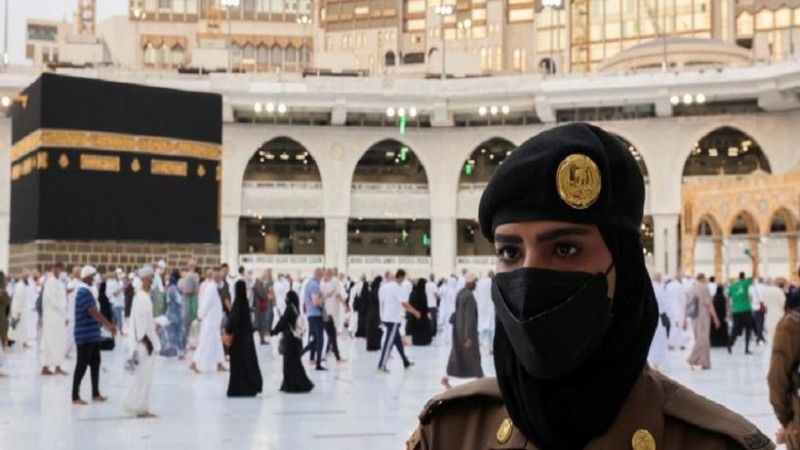Thousands of Islamic State fighters return to home countries
NU Online · Kamis, 26 Oktober 2017 | 12:06 WIB
Thousands of foreign fighters who flocked to fight with Islamic State in its Syrian and Iraqi strongholds have returned to their home countries as the terrorist group’s territory shrinks, according to an extensive survey from a private security-intelligence firm, which also found that Russia has been the No. 1 source country of foreign fighters.
The report, released Tuesday by the New York-based firm The Soufan Group, said “there are now at least 5,600 citizens or residents from 33 countries who returned home” in a situation that “represents a huge challenge for security and law enforcement entities” around the world.
Whether those returning fighters will be radicalized and present a threat in their homelands has become a major source of concern for security and intelligence officials in governments across the Middle East, Europe, Asia and North America.
An international military campaign against the terrorist group, coupled with tighter border controls implemented by Turkey, brought the overall flow of foreign fighters into Syria and Iraq to a “virtual standstill” last year, according to the report.
But there was a “marked rise in the number of foreign women and children traveling to or, in the case of children, being born in the Islamic State,” the report said.
Pentagon officials say they are aware of the problem but have had success preventing Islamic State fighters from finding refuge in other countries.
“We’re not seeing a lot of flow out of the core caliphate because most of those people are dead now,” Lt. Gen. Kenneth McKenzie Jr., director of the Pentagon’s Joint Staff, told reporters this month. “They’re unable to manifest the former activities they did to try to pose themselves as a state.”
Despite its losses on the battlefield, Islamic State remains a potent threat, the Soufan Group report said.
As Islamic State “loses territorial control of its caliphate, there is little doubt that the group or something similar will survive the worldwide campaign against it so long as the conditions that promoted its growth remain,” the report said.
“Its appeal will outlast its demise, and while it will be hard to assess the specific threat posed by foreign fighters and returnees, they will present a challenge to many countries for years to come,” said the report. “Already its propaganda has cast the eradication of its territorial control in Syria and Iraq as unimportant, and merely a temporary setback in its preordained journey to victory; and it has promised more attacks in the West.”
Russia No. 1
The Soufan Group, headed by former FBI agent Ali Soufan, has made headlines with its analysis of Islamic State foreign fighter trends in years past. A 2015 report by the group unexpectedly listed the tiny North African nation of Tunisia as the No. 1 source country of the foreign fighters.
Tuesday’s report updated the numbers, noting that Tunisia’s government has dramatically revised — from 6,000 to fewer than 3,000 — the number of Tunisians it believes have traveled to join the terrorist group.
The latest report maintains that some 3,417 fighters traveled from Russia to join Islamic State in Syria and Iraq, followed by 3,244 from Saudi Arabia, 3,000 from Jordan and 2,926 from Tunisia.
Tunisia was still ranked as the country with the highest number of Islamic State fighters, 800, who have returned home. Authorities have largely contained the Islamic State threat by jailing returning fighters and cracking down on jihadis over the past two years.
But the situation remains delicate because Tunisia borders Libya, where a relative security vacuum has allowed the terrorist group to maintain a foothold.
One of Europe’s top intelligence officials told The Washington Times over the summer that many Europeans who had traveled to fight with Islamic State in Syria and Iraq were believed to be relocating to Libya. While the Europeans may seek to return home eventually, the reality is a significant portion are at least temporarily staying in Libya, Europol Director Rob Wainwright said in an interview in July.
The Soufan Group study ranked France as fifth on the list of Islamic State source nations for foreign fighters. Some 1,910 have traveled to join the group in Syria and Iraq, and an estimated 271 are believed to have returned to France, the report said.
The Soufan Group cited a July estimate by an organization known as the Radicalization Awareness Network, which found that about 30 percent of approximately 5,000 European Union citizens thought to have gone to Syria and Iraq had returned home.
The report also pointed to a claim by Russian President Vladimir Putin early this year that just 10 percent of an estimated total of about 9,000 foreign fighters from Russia and the former republics of the Soviet Union had returned to their home nations.
Only 400 of the more than 3,400 Russian foreign fighters have returned home, the report said.
Threat of future attacks
The report estimates that 129 U.S. foreign fighters have either gone to Syria and Iraq, been stopped in, deported from, denied entry to or watch-listed by Turkey. Seven were listed as having returned to the United States.
Other countries, however, have experienced a surge. Some Southeast Asian nations “have not only seen an influx of returnees, but also a certain number of foreign fighters who appear to have chosen to go there rather than return to their own homes, whether or not advised to do so by IS leaders.”
Many nations are struggling to find effective strategies for dealing with the returnees — particularly women and children, whom authorities often see as having potential for reintegration into society.
As for hardened fighters, “most are imprisoned, or disappear from view,” said the report, which added that “there will be a need for more research and information sharing to develop effective strategies to assess and address the threat.”
Around the world, Islamic State has shown itself capable of inspiring or carrying out attacks over the past two years, with incidents in Britain, France, Turkey, Australia, the United States, Afghanistan, Bangladesh, Belgium, Canada, Egypt, Indonesia, Iran, Jordan, Kenya, Libya, Pakistan, the Philippines, Russia, Somalia, Sweden and Yemen.
At least some of these attacks “have involved returnees from Syria and Iraq,” said Tuesday’s report. (WT/Masdar)
Terpopuler
1
Khutbah Jumat: Ramadhan dan Kesempatan yang Tidak Selalu Terulang
2
Innalillah, Ulama Mazhab Syafii asal Suriah Syekh Hasan Hitou Wafat dalam Usia 83 Tahun
3
Kultum Ramadhan: Lebih Baik Sedikit tapi Istiqamah
4
Keluar Mani yang Tidak dan Membatalkan Puasa
5
Khutbah Jumat: Ramadhan, Melatih Sabar, Memperkuat Syukur
6
Khutbah Jumat: Tiga Kebahagiaan Orang Puasa
Terkini
Lihat Semua
















